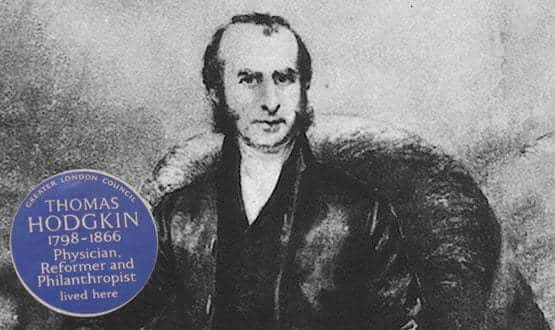NHS Direct staff sickness ‘unacceptable’
- 21 April 2010
More than one in ten staff at NHS Direct is off sick at any one time, clocking up an average 23 days sickness each per year.
The figures, which NHS Direct said were “wholly unacceptable”, have contributed to the health helpline missing its target for answering less urgent and non-urgent calls.
The helpline is also suffering from 33% “staff attrition” and is facing problems in recruiting staff. The problems in combinatin have led to frontline staff spending just 39% of their time with patients.
NHs Direct said that after rates of sickness fell in 2008-09, “sickness absence levels rose sharply from the onset of the first wave of the flu pandemic in May 2009 to a wholly unacceptable level.”
In January, 14.6% of staff were off sick, with some areas of the country recording even higher rates. In the Midlands and South West, 18% of staff were off sick in the first week of the year.
A report to last month’s board from HR director Roger Rawlinson said the aim was to cut current absences, which have fallen from 14.6% in January to 11.4% at the beginning of March, to 2.1%. This target he described as “challenging”
Rawlinson said current sickness levels of 11.4% were equivalent to 23 days sickness per whole time equivalent and the aim was to reduce that to five days sickness per employee.
The helpline also aims to cut the number of long term sick employees from 97 to no more than 30 by the end of the financial year.
Levels had fallen from 113 to 97 by the end of February with cases “managed back to work or out of the organisation” but a further 69% reduction will be needed to meet the board’s target.
A spokesperson for NHS Direct told EHI Primary Care: “Reducing staff sickness is a high priority for us.
"We are taking a number of measures to address this including the assessment of staff with long-term sickness problems to see if they can return to work or whether they have to leave the organisation due to ill-health, and identifying all staff with poor short-term sickness records and working with them to improve their attendance.”
Measures in place include a monthly meeting between NHS Direct’s chief operating officer and divisional operations director to focus on the 15 staff with the worse sickness records in each area, improvements to contracts to give staff more certainty over their future rota patterns, and training for managers on sickness absence management.
Ronnette Lucraft, interim chief operating officer, told the March board meeting that the recruitment of nurse advisers continued to fall below plan and was the chief contributor to “unsatisfactory performance.”
Having missed its targets for less urgent and non urgent calls in February, Lucraft predicted that clinical access targets for less urgent calls would continue to be a challenge during April.
She said there was a high risk that the monthly contractual key performance indicator for non urgent calls would not be met in April or May.
Last month, NHS Direct announced that it planned to cut its costs by £20m in this financial year by improving call centre efficiency, making savings on IT and changing its staffing structure.
An NHS Direct spokesperson told EHI Primary Care: “Meeting our key performance indicators, including targets for less urgent calls, is of high importance to the trust, and we’ll be working closely with our commissioner to ensure we are doing everything we can to meet these targets.”




